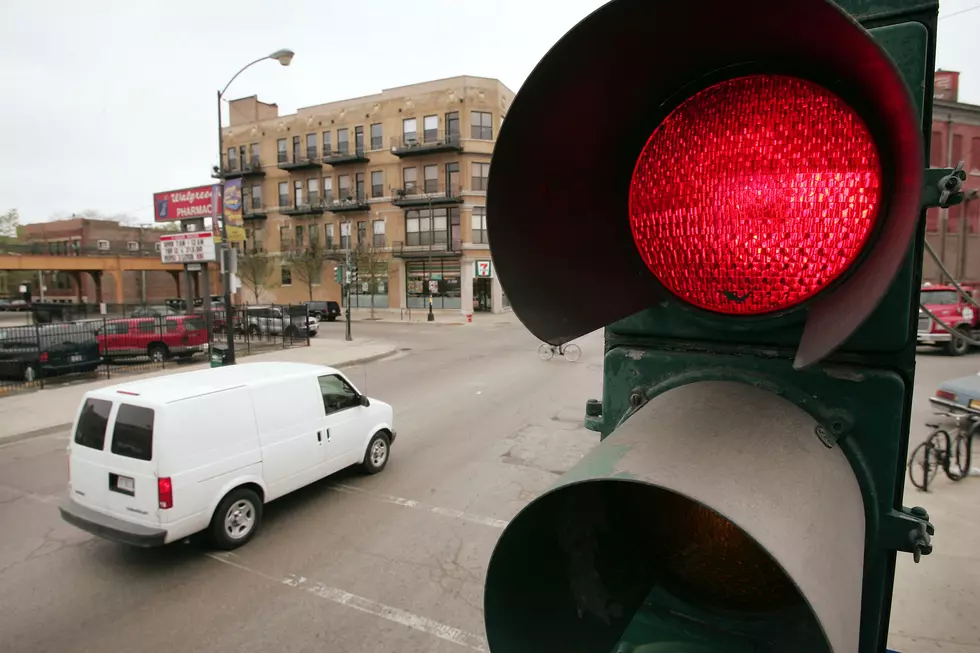
NJ budgets $170M to rid homes of lead — but now has to find them
The Trenton-area community development and environmental organization Isles estimates there are at least 250,000 homes in New Jersey where young children are at risk of lead poisoning.
And with 12 new children in the Garden State being poisoned every day, 3 out of 4 of them from lead paint, the nonprofit says, the clock is ticking to remediate their residences.
Isles CEO Sean Jackson said the youngest kids are in the most danger for lead to be absorbed into their bloodstream, travel to the brain, and cause long-term problems.

"The dust gets onto the floor, it's on windowsills, it's throughout the house, and young kids crawling around, putting fingers in mouths, easily transmit this lead toxin," Jackson said.
According to Jackson, some of the eventual consequences include being 30 times more likely to fail a reading or math test, seven times more likely to drop out of school, and six times more likely to end up in the juvenile justice system.
'Not just anyone can walk in and do this work'
Against that backdrop, and with an eye on saving taxpayer dollars, New Jersey allocated $170 million in the new state budget for residential lead remediation, and Isles has been working with the state on a cost-effective, three-pronged model.
First, Jackson said, more inspectors must be trained to actually identify the homes in question, not just estimate how many may exist.
After that, the second step is to train more contractors.
"Not just anyone can walk in and do this work," Jackson said. "It's like dealing with asbestos. If you do it the wrong way, you can actually make the problem worse, because you could spread this lead dust throughout the house."
Finally, the $170 million tranche provides the funding to physically get into the homes and make them safe.
While there is no timeline or endpoint, Jackson said it does improve on the $10 million annually that had been set aside for such efforts in New Jersey since the mid-2000s, but which really didn't get utilized until the Flint, Michigan water crisis made headlines last decade.
'Using our kids as lead detectors'
Given the inherent challenges in accessing some jeopardized dwellings, Jackson said Isles has been working with about a dozen different agencies in urban metro areas of the state to establish credibility with residents.
"It's not always easy getting in people's homes, so it takes organizations and community groups that are recognized in the neighborhood and have good connections with the neighborhood," he said. "The state's been doing a couple thousand units a year. This will give us the opportunity to do tens of thousands of units in a year, and that's the pace we need to get to."
There has been progress outside of the newly available money. Jackson said last year, the state legislature adopted a new provision that all apartments must be tested for lead before new tenants move in.
He called that a "great move," but said it is only one part of the fight to stop "using our kids as lead detectors."
Patrick Lavery is a reporter and anchor for New Jersey 101.5. You can reach him at patrick.lavery@townsquaremedia.com
Click here to contact an editor about feedback or a correction for this story.
LOOK: The states with the most UFO sightings
UP NEXT: See how much gasoline cost the year you started driving
Here's where NJ legal weed is sold
More From New Jersey 101.5 FM









